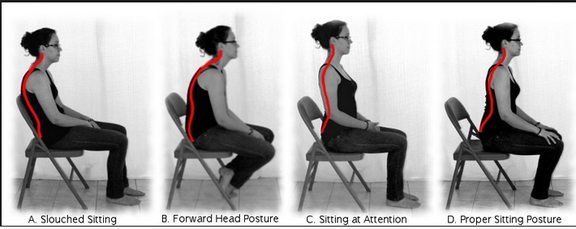|
Stop by our booth at the Bellevue Tech Expo to check out our most recent online courses. Get a free speech screening, free trial of online courses, and enter to win a free class! We'll be there to answer your questions and show you the latest tools and resources from SpeechModification.com. Wednesday, May 8, 2019 10:30 am - 6:00 pm Meydenbauer Center 11100 NE 6th St · Bellevue, WA Expo Tickets are free: register at https://www.eventbrite.com/e/the-3rd-annual-bellevue-tech-expo-tickets-51594780377 Do you use voice recognition tools like Siri, Amazon Alexa, or Google Home? Get Speech Modification's training tools to help you be better understood when using these helpful tech tools.
0 Comments
What words do you find most difficult to say in English? Speech Modification's Accent Reduction Technique (S.M.A.R.T.) focuses on the most frequently used words in English, as well as the business, technical and social words that you use the most. By practicing the things you actually say, you can change your speech. We want to hear from you! Tell us which words you find the most difficult, and we will provide recordings for you to practice these words. Choose from the list below, or add your own words. We'll help you say what you really want to say, and to say it correctly.  Whether you are in a job interview, on a date or just interacting with colleagues, understanding some basics about body language can be very useful. When observing others, you can note what they are telling you with their body language, and note whether or not it matches what they are telling you verbally. When you are the one speaking and listening, take care to use appropriate body language. You don't want to convey the wrong message simply because you don't understand the typical American body language. First, consider posture. When you stand or sit with an upright spine, relaxed shoulders and good alignment, you look and feel more confident. Avoid thrusting out your chest overly, as this may appear to be aggressive. Keep your arms at your sides or resting in a relaxed manner on your lap. Second, take advantage of mirroring. When you use similar body positions and gestures to the other person, it puts them more at ease and makes them feel a connection to you. Third, show interest. Leaning forward slightly, maintaining eye contact as you listen, and nodding to show agreement are good indicators that you are listening to the other person. Avoid crossing your arms in front of your chest, as this shows disagreement or resistance to the other person's ideas. Lastly, when you are the speaker, make eye contact as you begin your turn to speak, then look away as you continue. Continue to check in for eye contact as you speak, but do not hold it for more than 5 seconds or so, as prolonged eye contact will make your listener uncomfortable. You can practice these techniques by speaking in front of a mirror, or recording yourself during a conversation. Look to see what body language you are using when you aren't thinking about it, and adjust as needed. Using professional and interactive body language will help your interactions go more smoothly.
 While having an accent does not always interfere with being understood when speaking English, it can affect how your listener perceives what you are saying. The goal of American Accent training is not to eliminate an accent, but to eliminate the problems which may arise when your accent interferes with being understood. Accent training can provide you with the tools you need to reduce communication issues and improve others' perception of your skills and abilities. You can read about bias and accents in a recent article in Personnel Today. Does the way you speak matter when making a business deal? According to researchers at the University of Cape Town in South Africa, yes, it does. They examined issues of race and accent by experimenting with a methodology called trust games, which uses a combination of game theory, economics and psychology. What they discovered is that the subjects were most likely to place their trust (in the form of a financial investment) in those who looked and sounded the same as themselves. The researchers drew the conclusion that inherent biases are at play when it comes to accent, perceived status, and trust. You can read more about this study here.
|
Subscribe to this blog:
Categories
All
Archives
March 2021
Copyright 2020
Christine Dunbar Have Questions?
Get A Free Consultation We offer a free 30-minute phone consultation. Schedule yours now. |








 RSS Feed
RSS Feed



